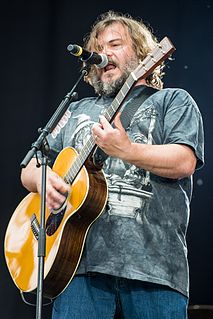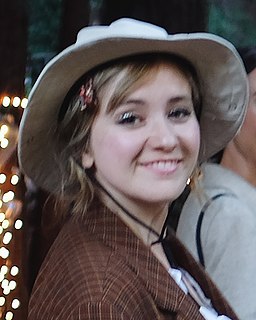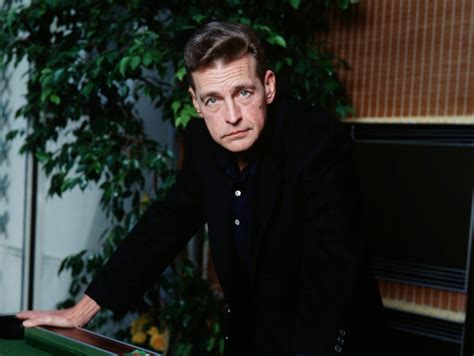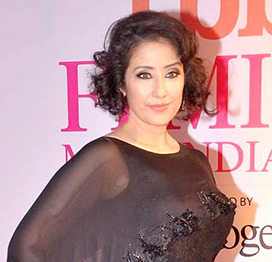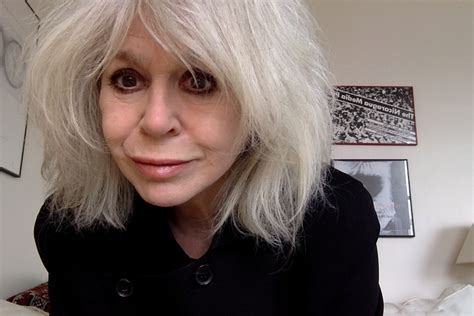A Quote by Shekhar Kapur
I often wonder when I make a film - I'm thinking of making a film of the Buddha - and I often wonder: If Buddha had all the elements that are given to a director - if he had music, if he had visuals, if he had a video camera - would we get Buddhism better?
Related Quotes
I don't make rules myself. I didn't study enough to be able to make them. I'm too stupid. I spend my whole life making movies, so I have to enjoy it. Even at times when we had a very tight and difficult schedule, it was always enjoyable. Of course I wonder if the film will be successful afterwards. It's wonderful if a film becomes successful as a result of the enjoyment that we had
The first of the four noble truths of Buddhism, that there is suffering in life, was enormously important to me. No one had ever said it out loud. That had been my experience, of course, but no one had ever talked about it. I didn't know what to do with all the fear and emotions within, and here was the Buddha saying this truth right out loud.
When I said that I am the Buddha, the Christ, the Lord Maitreya, and more, it was not a question of superiority or inferiority. I added that phrase 'and more' very carefully, because I knew that people had a very limited understanding of the Buddha and the Christ, and hence if I said: 'I am the Christ, the Buddha', they would limit that Reality to their own conceptions of the Buddha or the Christ, and Life has no limit.
The people I met for the first time in the period when I was making films like 'Tum Bin,' 'Ra.One,' 'Dus,' 'Cash' would often remark that I was very unlike the person who had made those films. This is not the best thing for a film-maker to hear because your film should reflect your personality, thinking, philosophy and character.
For Twilight, I wasn't thinking it was going to be a crazy success, or anything. It had been rejected by all the major studios. Nobody wanted to make it and they didn't think it would make any money, but I read the book and I thought, "Wow, I want to capture that feeling of just being crazy in love. I wonder if I can do that in a film." That was my challenge.
When I made my first film, I had hardly ever seen a camera before, and I was a young man when I arrived in Paris from the suburbs. At the time, I didn't talk much. I was very shy, so the bluff served me. I was telling people that I had no money, and that I knew how to make films, but I had no proof.


